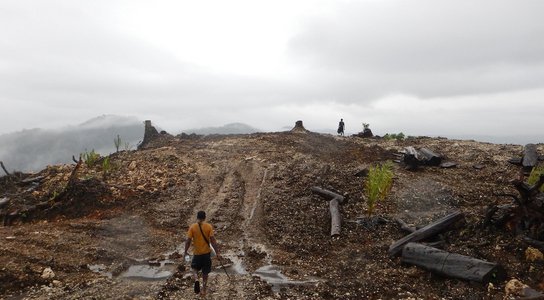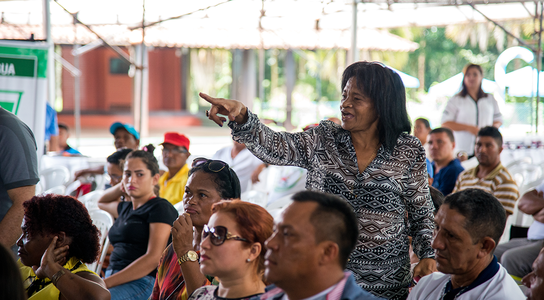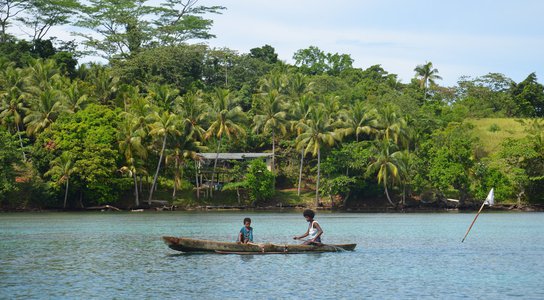At Global Witness, we are dedicated to safeguarding our forests and the brave people who defend them. Today, to mark World Environment Day, we have pulled together pictures from our campaigns around the world to show what governments, businesses and donors can do to protect them too.
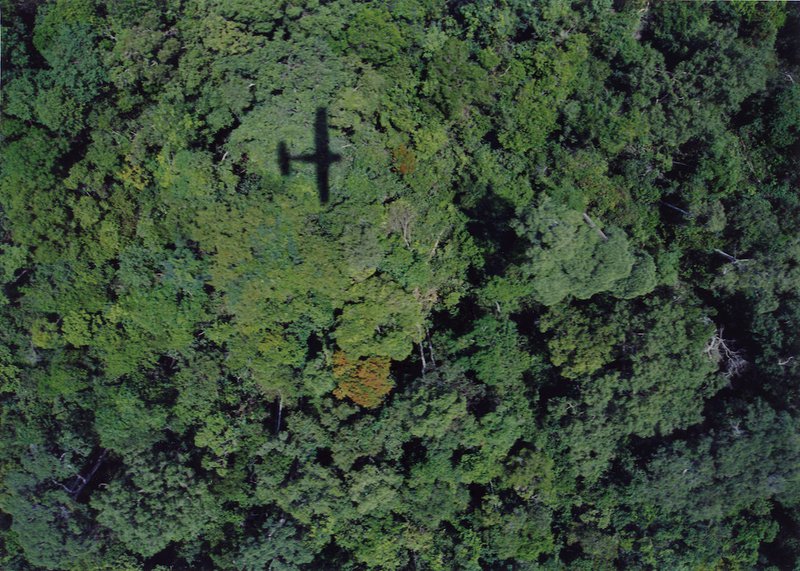
Our forests are the lungs of the planet, providing shelter, food and water for millions of plants, animals and humans. They produce the oxygen we breathe and also act as vital carbon sinks in the accelerating fight against the breakdown of the climate.
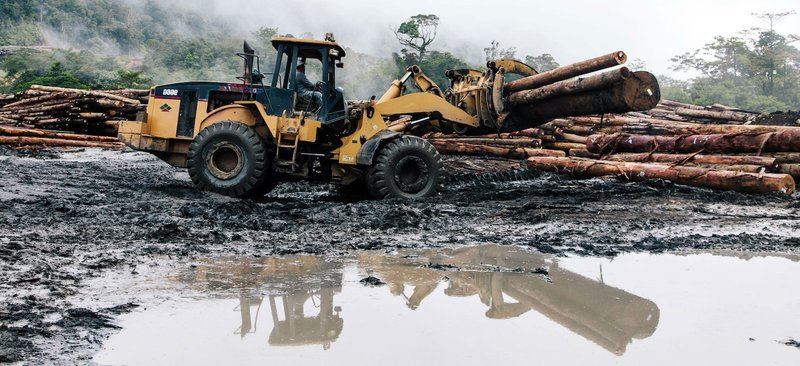
But, all around the world, these precious ecosystems are under threat. Last year alone, 12 million hectares of tropical forests were demolished, including an area the size of Belgium of pristine woodland that was home to unique, untouched ecosystems.
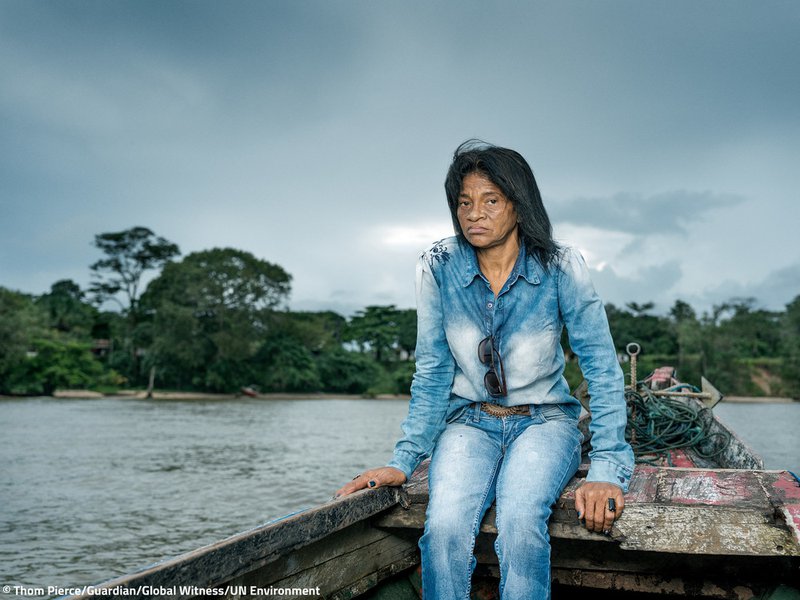
Not only that, but this rapacious drive by industry sees too many brave land and environmental defenders threatened and attacked for standing on the frontline of protecting our planet. Often their land is seized to create the products we consume every day, from food to phones to furniture.
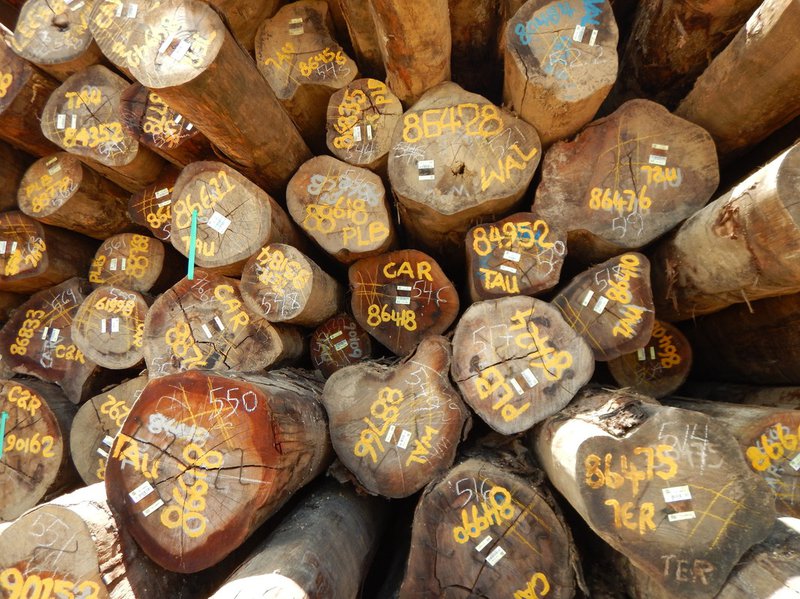
But it doesn’t have to be this way – businesses and investors must take steps to ensure their activities are not fuelling forest destruction.
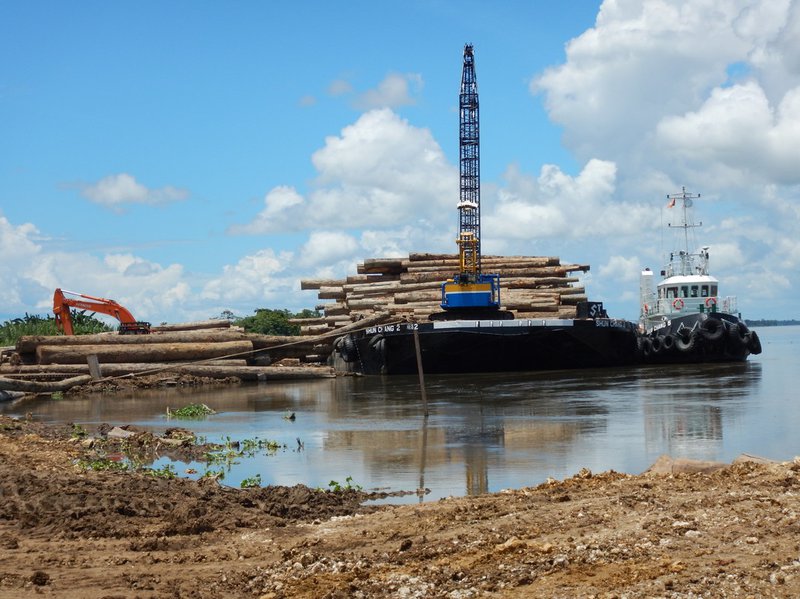
Governments and companies can put in measures to tackle the root causes of attacks on land and environmental defenders, and strengthen the environmental protection of our forests.
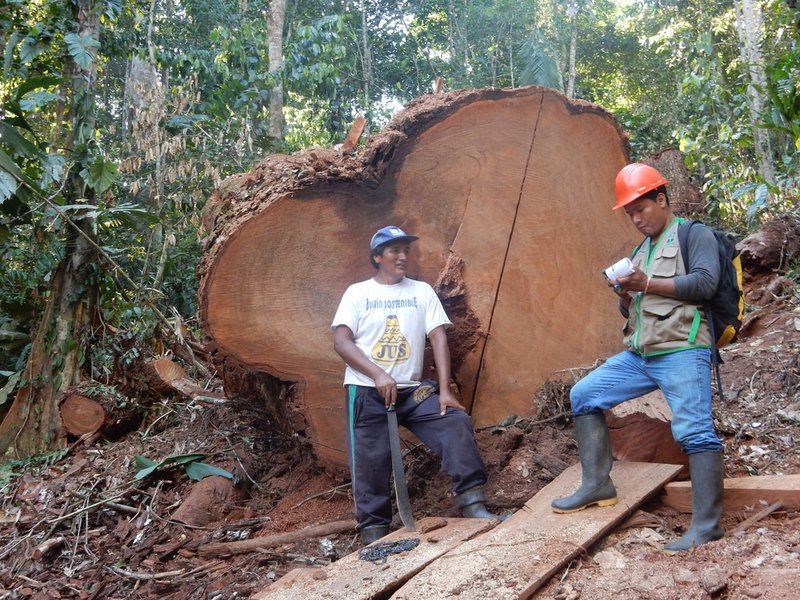
The Peruvian Government, for example, can go much further than its renewed protection of its Amazonian forest watchdog OSINFOR by expanding the agency’s mandate and giving it more powers – including the right to ban harvesting in areas used to launder illegal timber. Strongmen politicians like Brazil’s Jair Bolsonaro must row back threats to loosen environmental protections for huge swathes of land and open them up to the agribusiness industry.
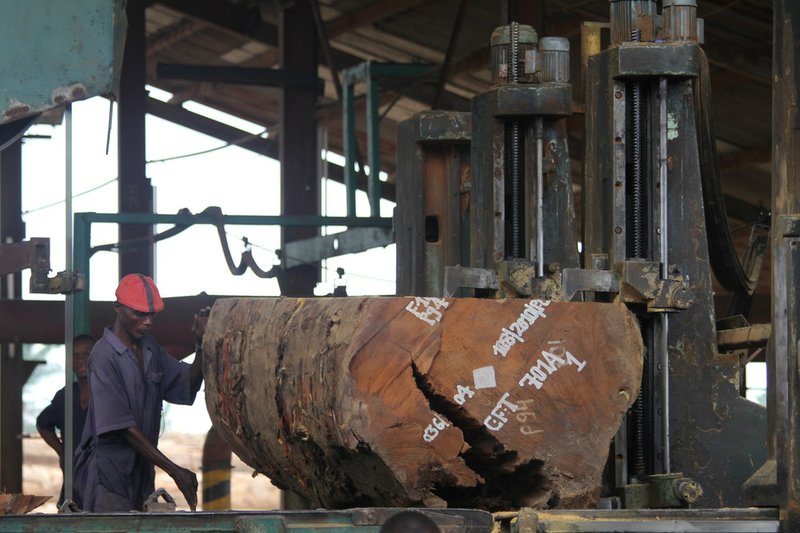
In some cases, government regulations are in place but not properly enforced. That’s what is happening in the Democratic Republic of Congo, where European company Norsudtimber is operating illegally across huge swathes of climate-critical forest. If competent authorities don’t properly enforce legislation like the European Timber Regulation, consumers could be unwittingly complicit in this destruction – while donors, governments and businesses turn a blind eye.
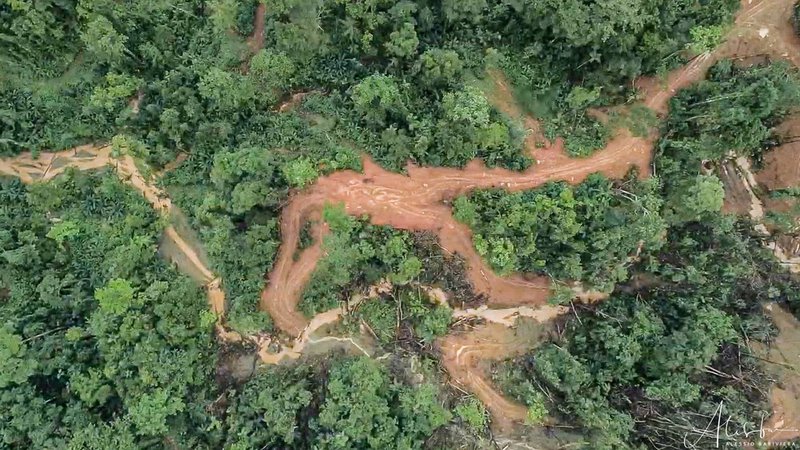
In other cases, stronger regulation is urgently needed. China has been lauded for curbing domestic deforestation, but its vast manufacturing industry continues to buy harvested timber from some of the world’s most crucial biodiversity hotspots. In the Solomon Islands, illegal and unsustainable logging for export to Asia’s largest economy has left thousands of miles of mud-road scars through its once pristine rainforest.
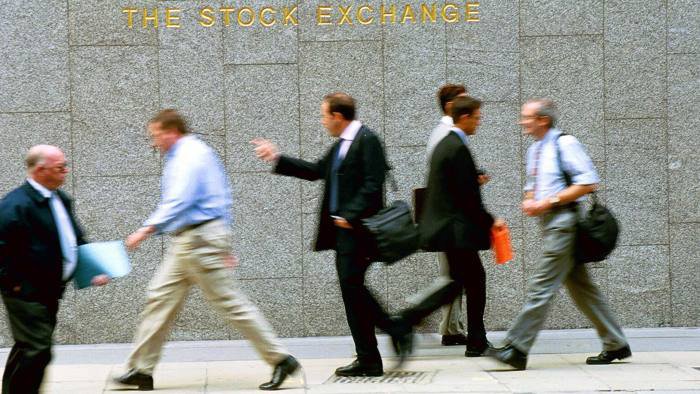
Finally, and crucially, our banks, investors and pension fund managers can stop pumping money into projects that scar the environment and harm people.
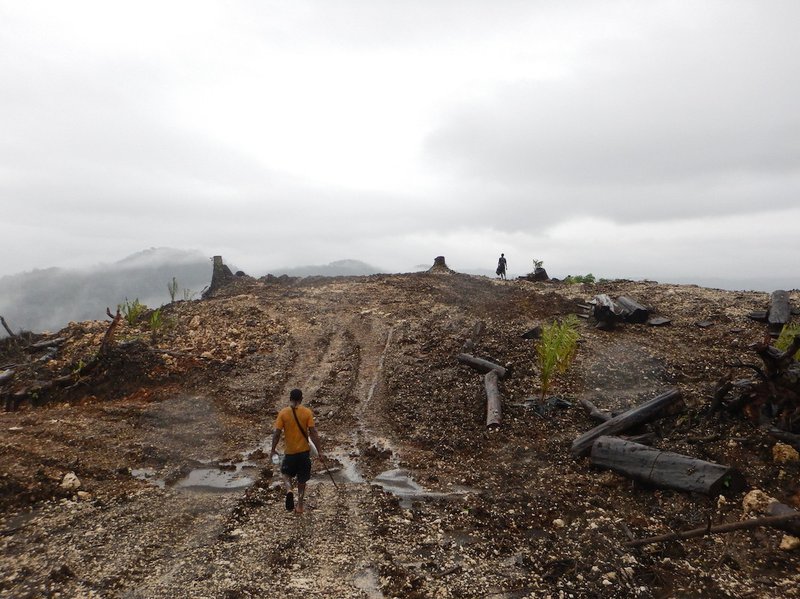
This doesn’t just involve faceless bankers and traders. Many of the investments destroying these forests use ordinary people’s savings and pensions without their knowledge. And, as our investigations have shown, they involve major banks like HSBC, Citibank and even part of the World Bank. In a recent assessment, nearly two thirds of financial institutions had no policy relating to financing of the four key forest-risk commodities – palm oil, beef/leather, soy and timber/paper.
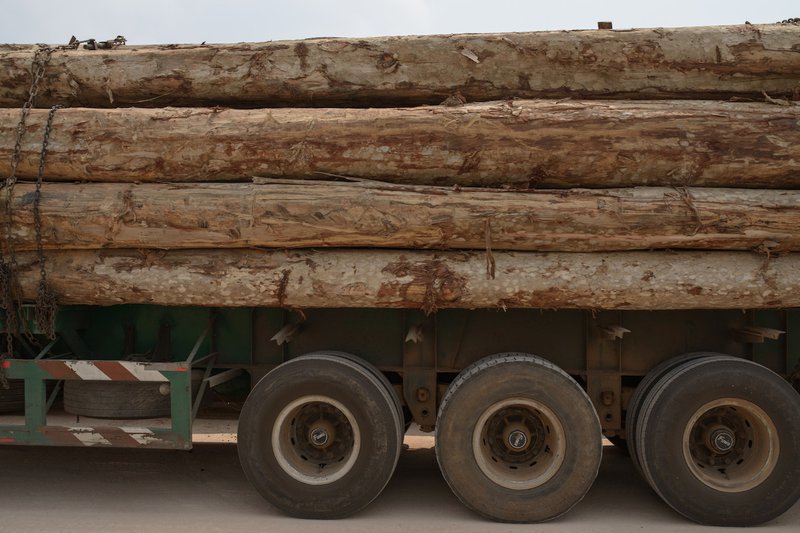
We can tackle this with stricter regulations to make companies more accountable for their activities and investments, including:
- Introducing mandatory, ongoing due diligence requirements for companies and investors and making it easier for victims of corporate abuses to access justice
- Ensuring that investments are sustainable, by addressing environmental and climate concerns including the impacts on forests, as well as social and governance issues
- Establishing stricter reporting requirements for companies and investors
If we introduce regulations in key consumer and financial markets we can make a real difference to protecting our forests, our climate and our future.
It's important that both sides of the coin pay attention to what they can and must do to stop this rampant forest destruction: that means both governments and operators in producer companies on the one hand, and consumers, businesses and investors in other countries - like the US or UK - on the other.
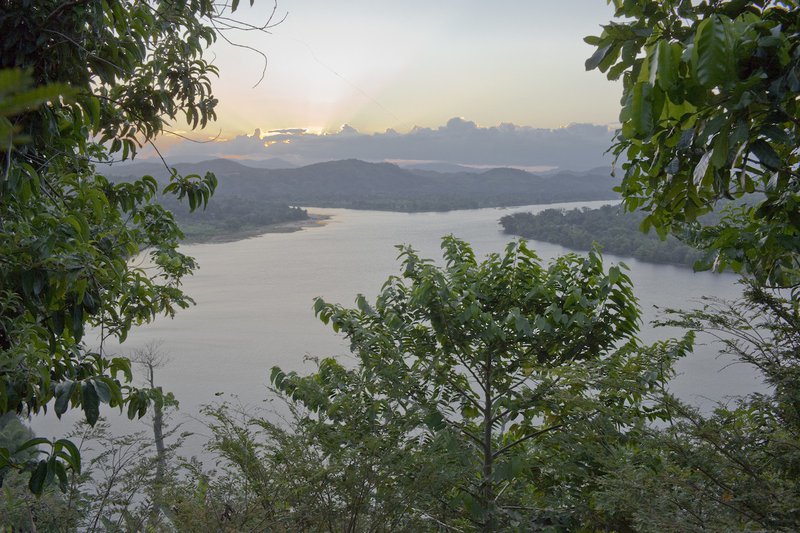
Our forests are precious and they belong to us all. We need them to survive and to stop the irreparable breakdown of the global environment. Yet still, land grabbing, deforestation and the persecution of environmental defenders continue at a shocking rate.
Governments, investors, and businesses have a crucial role to play in shaping the future of our forests. Today is the day to act to save our world’s environment.
